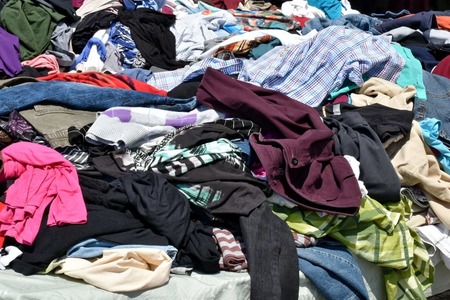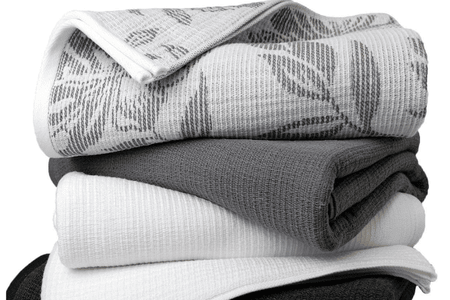Pakistan textile industry eagerly waiting for govt to unveil textile package
YarnsandFibers News Bureau 2015-09-21 10:00:00 – LahoreAll Pakistan Textile Mills Association (APTMA) chairman SM Tanveer said on Sunday that textile industrialists were planning downstream integration to add another $13 billion to the exports and help the country to get rid of loans from international donors. An increase of $13 billion export in next three years would create another 13 million jobs in the country and hence appealed to Prime Minister Nawaz Sharif and Federal Finance Minister Ishaq Dar to announce a relief package for textile industry before Eid-ul-Azha.
He said that the prime minister had himself agreed in a meeting with representatives of textile sector on September 11 that the textile industry had been lagging behind in the region and he (Nawaz) had assured of announcing a textile package in five days. The industry was eagerly waiting for the textile package.
Tanveer said that high cost of business was constantly resulting into closure of textile units. Therefore, the prime minister had directed to reduce power tariff by Rs 2.15 per unit soon after the meeting when the textile industry associations had advocated for supply of electricity at 9 cent per unit in line with the regional competitors. He, however, lamented that in a situation where the textile industry was not viable on Rs 13 per unit, the mills had received Rs 18 per unit electricity bills for the current month. He said that it was ironical that the industry was demanding Rs 9 per unit while the power distribution companies had issued Rs 18 per unit electricity bills. The textile industry was facing losses over the last one year and the mills were finding it hard to pay salaries to their staff.
The imposition of Rs 200 per MMBTU gas infrastructure development cess had added fuel to the fire. The issue is pending with the Supreme Court after a decision in favour of the industry from the courts. The government should immediately implement the Senate Committee on Textile Industry recommendations on the GIDC issue, he demanded.
He asked the government to impose 20 per cent regulatory duty on import of textile raw material – from yarn to garments, which would ensure revival of the industry. He said that the domestic textile industry had a potential of $7 billion per annum, which was being marred by unbridled entry and dumping of highly subsidised textile products from India and China. The import duty on textile products in Pakistan was merely 5 percent against 30 percent in the competitor countries, it needs an immediate upward revision.
The government should also announce rebate on textile exports as an incentive under the focus market policy even if it was unable to devalue Pak rupee against dollar. The competitor countries were already offering heavy rebate on exports.
Further to boost investors’ confidence, he suggested the government to constitute a joint committee of the APTMA and the SBP to deal with the situation.
Market Intelligence
Ask for free sample Report

experience
Customer Base
dedicated team
Countries Served Worldwide









